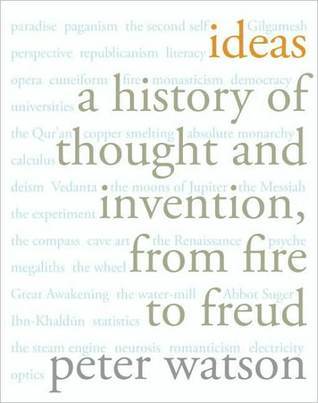The calendar in use at the time Exiguus made his calculations was based on the accession of the emperor Diocletian, which took place in 285. Thus, the year that we call 532 was for Dionysius the year 247. But Exiguus didn’t see why time should start with a pagan emperor and it was during his Easter calculations that the abbot conceived the idea to divide time according to the birth of Christ. And here there befell Exiguus an extraordinary numerological coincidence. Victorius of Aquitaine, as we have seen, had come up with a 532-year cycle. As Exiguus worked back, in the year we call 532, he
...more
Welcome back. Just a moment while we sign you in to your Goodreads account.


